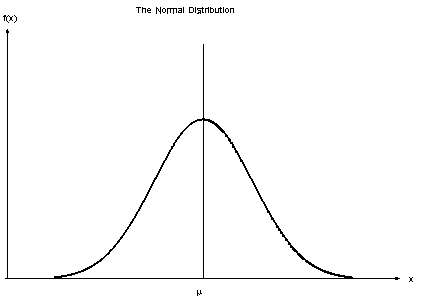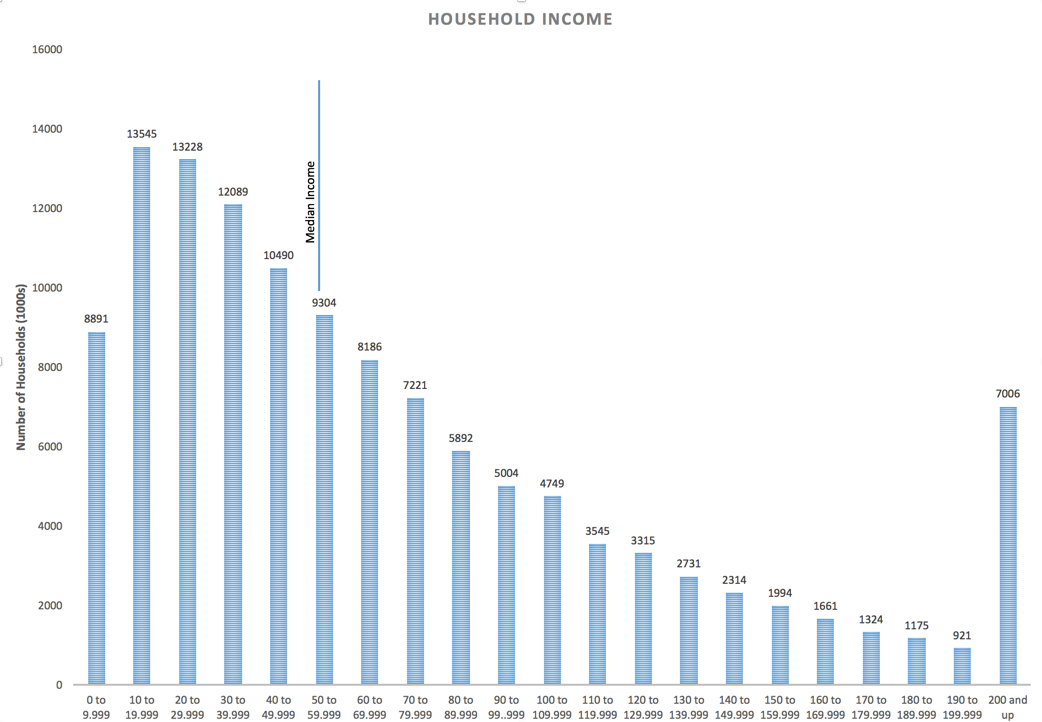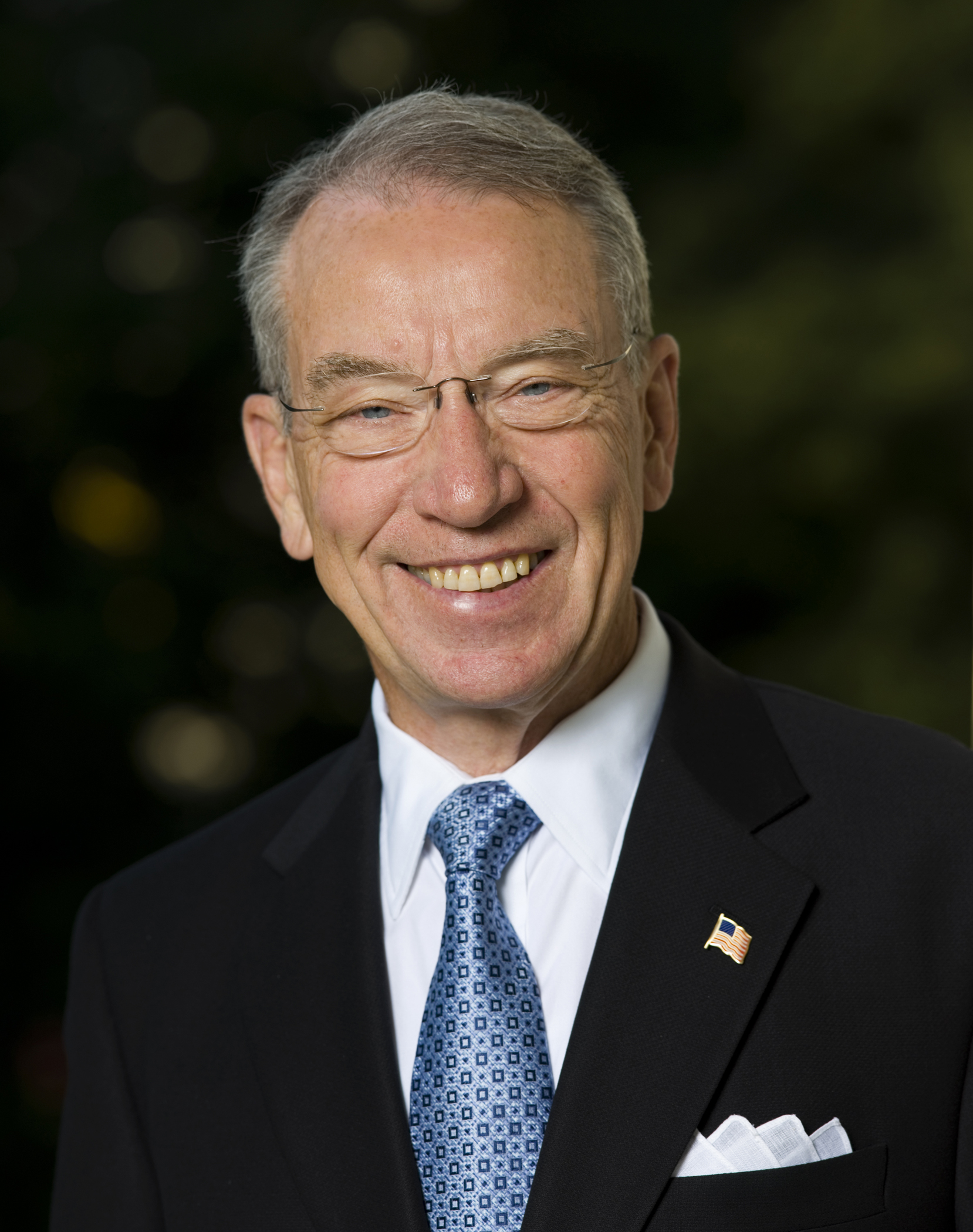
I enjoyed the President’s speech this evening. It was sweeping, hopeful and emotional, with a hint of admonishment about the risks to democracy out there. I felt that he laid substantial blame at the feet of Democrats for the polarization of the political environment. I think he was on point expressing more concern about threats from within our society and not from outside influences.
Obama had a lot of things to say about the progress of the past 8 years; I know how I felt in 2009 when he took office. The economy was the biggest issue on my mind. I was quite concerned about the free fall of the value of my home (which I had only recently purchased). I was concerned about 800,000 jobs lost per month at a point when I worked for a large company that, if I am honest, could have laid me off without noticing my absence. My family and I felt vulnerable. 8 years later, I don’t feel this way. I feel more resilient, my home has value, and my retirement savings have been accumulating value steadily over the past 7 years. I can afford health insurance without requiring that I work for an employer that provides health benefits. I don’t feel like a rich man, but things are much better for me.
I reflect on the fact that not everyone feels like their lives are moving in the right direction. Some people lost their jobs during the great recession and have not been able to climb back to where they were. Most people haven’t seen a significant raise in a long time. Some people had to move away from their home towns to find work that could support their families. Not everyone has family or social connections that they can fall back on to help them move ahead in their lives. An increasing number of young adults can’t afford to live on their own without roommates. These are challenges that our economy still faces after these 8 years.
Obama spent some time speaking about race relations in a way that I thought characterized the broader progress of race relations over decades, but glossed over contemporary challenges. I am not sure that, as the first black American president, it was his job to be in charge of race relations though. Some problems have to do with an extremely complex development of tension between law enforcement and the African American community. Another issue we seem to be having is related more about concerns over Muslims and undocumented immigrants in general.
I’ve heard charges of race baiting levied against Obama, but to my ears, his words were and are genuine and born out of his personal experience as a black man in America. Black Lives Matter certainly is an imperfect movement with members who have caused problems and resentment at times. But, I don’t conflate their objectives with those of people who assassinate police officers. The president has never given cover to people who commit violence. He doesn’t rationalize their actions as justifiable. I also don’t conflate whole police departments with the actions of individual Police officers who have made decisions that turned out to be deadly mistakes.
How many of these problems would be ameliorated by a “law and order” President or a “police first” Attorney General that we will have in Jeff Sessions. How much of the problem has more to do with the fact that over the past 8 years we have arrived at a point where virtually every person you see, has a movie camera in their pocket or purse.
As I type this, I also recognize, that the incoming president will not be as articulate as President Obama has been. Trump is praised for his plain speech and he will tend to deliver his words as mostly raw sentiments off the cuff. He won’t spend a lot of energy trying to be so inclusive with his language. Attempts at graciousness sit uncomfortably on Donald Trump like a wrinkled suit.
I was impressed by what he said on the early morning of the 9th of November as he delivered his victory speech. Trump’s words weren’t surprising because of their beauty or emotion; they were memorable because they were essentially decent. In short, I was happy and pleased that the winner of the presidential election didn’t demean and mock his political opponents.
We will at least occasionally hear more decency from the future President, but we will certainly hear a new voice. Let’s put it this way; I don’t expect that quotes from “To Kill a Mockingbird” will be neatly woven into the speeches of the new President. I’ll just have to miss that sort of thing for a while.
Tonight, I was grateful that we had an articulate man talk about what has been an historic presidency. I heard a man who loves his country and his family and who speaks about the love in his heart with eloquence and distinction.








